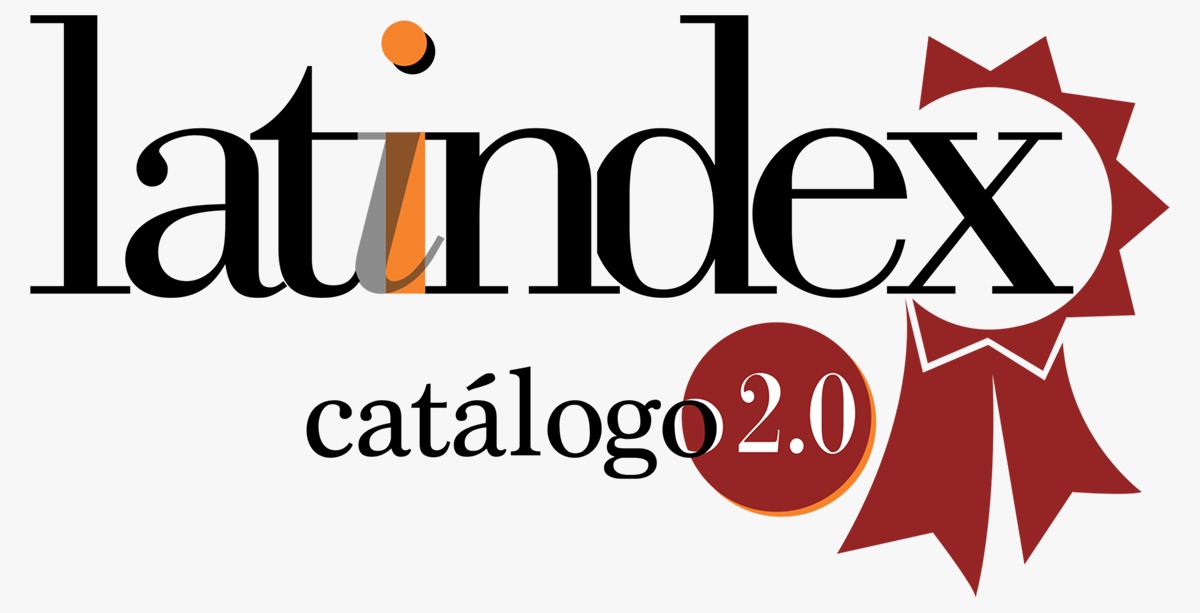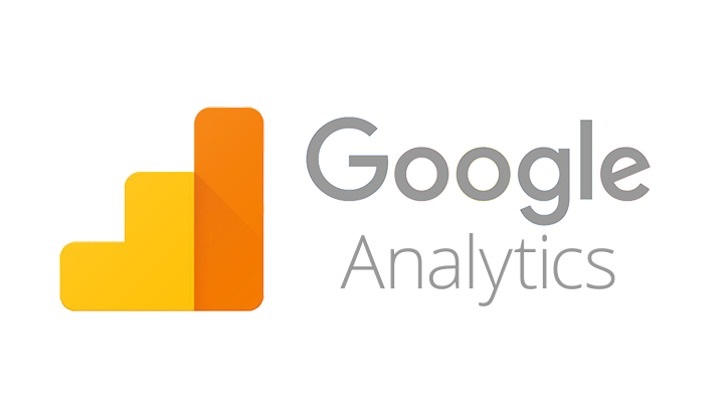La inteligencia artificial como herramienta educativa universitaria: una revisión bibliográfica narrativa
DOI:
https://doi.org/10.47865/igob.vol8.n29.2025.398Resumen
La inteligencia artificial (IA) se ha consolidado como una herramienta estratégica en el ámbito de la educación universitaria, debido a su capacidad para transformar los procesos de enseñanza, aprendizaje y gestión institucional. Este estudio presenta una revisión bibliográfica narrativa con el objetivo de identificar las principales aplicaciones, beneficios y desafíos asociados a la integración de la IA en la educación superior. Para ello, se analizaron 53 artículos científicos publicados entre 2021 y 2024, seleccionados mediante una búsqueda sistemática en la base de datos Scopus y filtrados según criterios de inclusión definidos.
Los hallazgos revelan que la IA se utiliza en la educación universitaria para personalizar el aprendizaje, mejorar los procesos de evaluación, desarrollar sistemas de tutoría inteligente y automatizar tareas administrativas. Asimismo, se destacan beneficios como la optimización del rendimiento académico, el apoyo a la docencia y el fortalecimiento de competencias como el pensamiento crítico y la creatividad. Sin embargo, también emergen desafíos significativos relacionados con la ética, la privacidad de los datos, la equidad en el acceso y la capacitación docente.
A nivel metodológico, se identificaron tres enfoques predominantes en la literatura analizada: estudios bibliométricos, revisiones sistemáticas y estudios empíricos o de reflexión, los cuales se complementan para ofrecer una visión integral del fenómeno. Se concluye que, para garantizar una integración responsable y efectiva de la IA en la educación universitaria, es fundamental establecer marcos normativos éticos, reducir brechas tecnológicas, fortalecer la formación docente y fomentar más investigación empírica contextualizada.
Descargas
Citas
Chen, W., Xie, H., Zou, D., & Hwang, G. J. (2020). Artificial intelligence in education: A review of AI-supported adaptive learning systems. Journal of Educational Technology & Society, 23(1), 22-38.
García-Peñalvo, F. J. (2022). Técnicas de investigación para la elaboración de revisiones sistemáticas robustas. Education in the Knowledge Society (EKS), 23, e26463.
González Ciriaco, L. A., & Medina Marín, A. J. (2023). Avances y desafíos éticos en la integración de la IA en la producción científica. Journal of Scientific Metrics and Evaluation, 1(I), 48-67.
Luckin, R., Holmes, W., Griffiths, M., & Forcier, L. B. (2016). Intelligence unleashed: An argument for AI in education. UCL Institute of Education Press.
Olmos-Migueláñez, S., & Rodríguez-Conde, M. J. (2012). Percepción del alumnado universitario sobre el plagio académico y factores relacionados. Revista Española de Pedagogía, 70(251), 71-90.
Ouyang, F., & Jiao, P. (2021). Artificial intelligence in education: The ethical dilemmas and the way forward. British Journal of Educational Technology, 52(6), 2185-2198.
Reiss, M. J. (2021). The use of AI in education: Practicalities and ethical considerations. London Review of Education, 19(1), 1-12.
Descargas
Publicado
Cómo citar
Número
Sección
Licencia

Esta obra está bajo una licencia internacional Creative Commons Atribución-NoComercial-CompartirIgual 4.0.
Esta obra está bajo una licencia internacional Creative Commons Atribución-NoComercial-CompartirIgual 4.0.
















